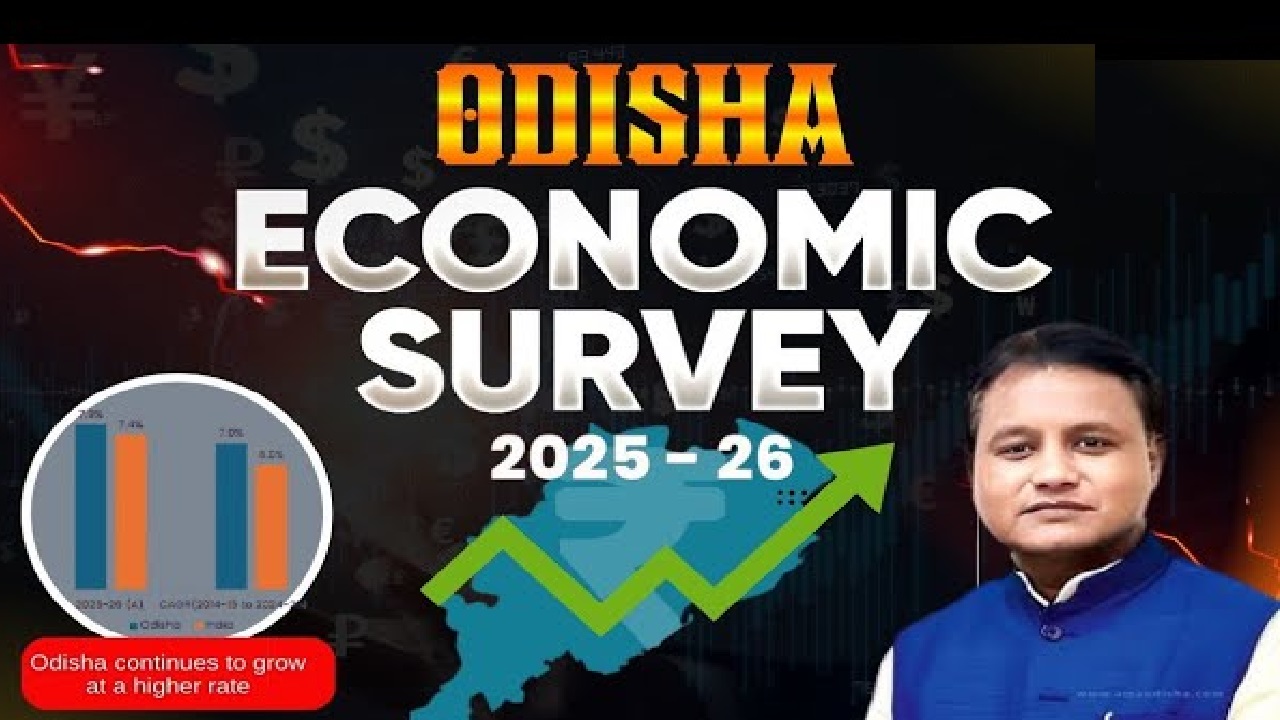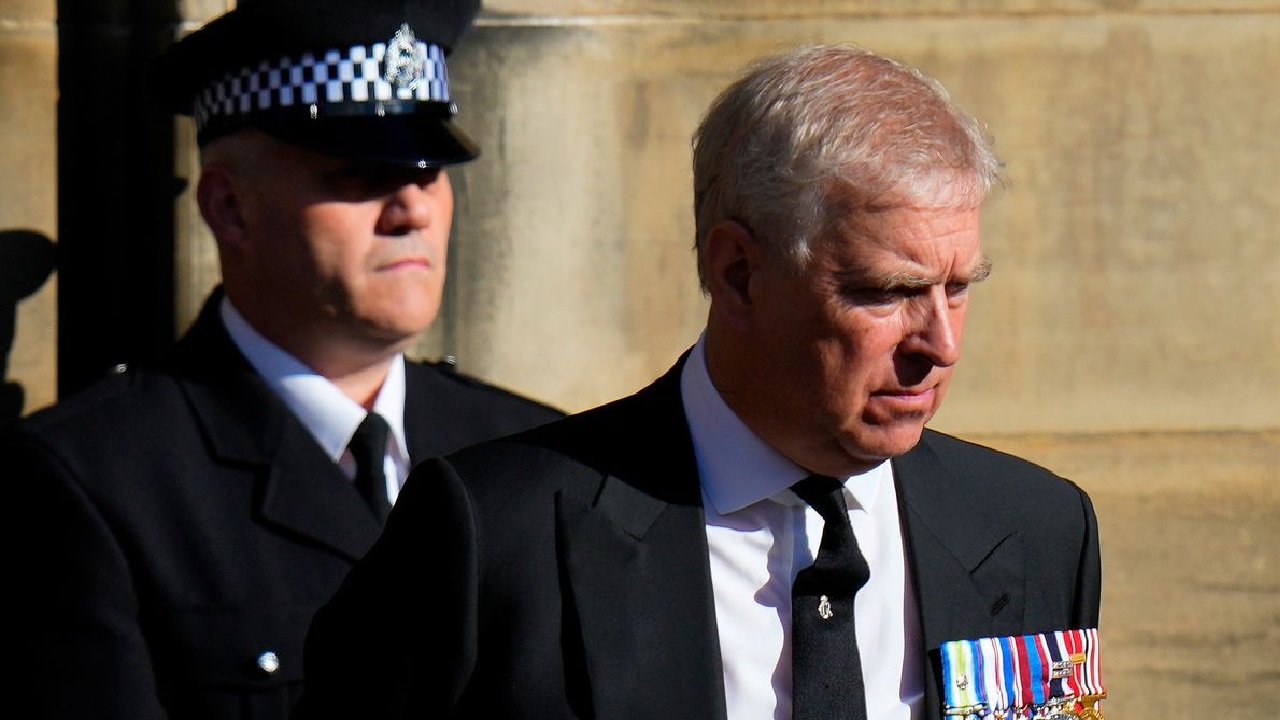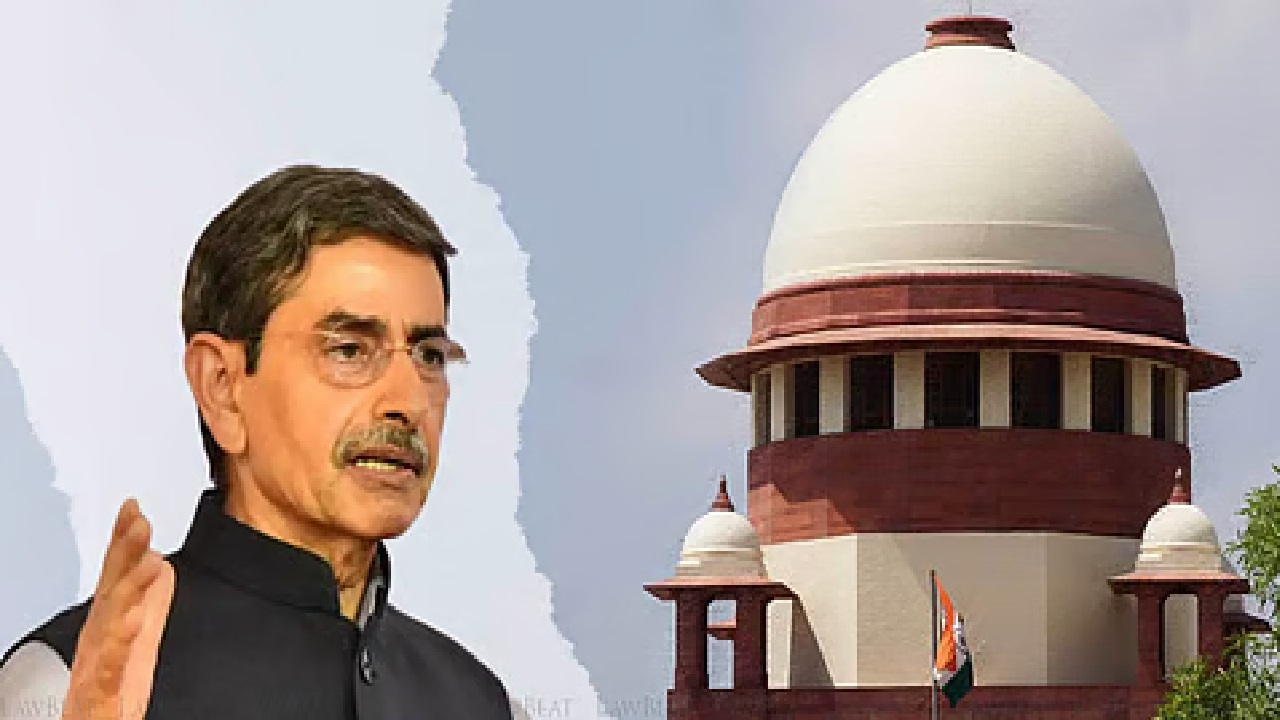Canadian Prime Minister Justin Trudeau took to ‘X’ to congratulate the Indian leader for securing a third consecutive term in the recently concluded Lok Sabha elections.
· Before ending the message he mentioned “Canada stands ready to work with his government to advance the relationship between our nations’ peoples—anchored to human rights, diversity, and the rule of law”.
· He has been facing a brutal troll on social media platforms for advising his Indian counterpart, Narendra Modi over “human rights” and the “rule of law”.
· In a calculated move, Prime Minister Narendra Modi issued a measured response to him saying, “Thank you @CanadianPM for the congratulatory message. India looks forward to working with Canada based on mutual understanding and respect for each other’s concerns,”
· PM Modi’s measured response serves as a reminder of India’s commitment to diplomacy and mutual respect.
In a calculated move, Prime Minister Narendra Modi issued a measured response to Canadian Prime Minister Justin Trudeau’s recent congratulatory message, delivered four days after Trudeau’s controversial remarks on “human rights and the rule of law.”
On Monday, PM Modi broke his silence, expressing gratitude to Trudeau via Twitter, saying, “Thank you @CanadianPM for the congratulatory message. India looks forward to working with Canada based on mutual understanding and respect for each other’s concerns,” marking an end to the conspicuous silence that followed Trudeau’s message.
Trudeau’s congratulatory post, initially intended to extend felicitations to PM Modi on his electoral victory, took an unexpected turn as it concluded with a reminder of Canada’s commitment to “human rights, diversity, and the rule of law.” This inclusion ignited a firestorm on social media, with many questioning the appropriateness of Trudeau’s stance, particularly given recent diplomatic tensions between the two nations.
The relationship between India and Canada hit a rough patch back in September, following Trudeau’s unsubstantiated allegations against the Indian government regarding the assassination of Khalistani leader Hardeep Singh Nijjar. Despite repeated requests for evidence to support the claims, Canada failed to provide any substantial proof, resulting in strained diplomatic ties.
Trudeau’s recent remarks in his congratulatory message further exacerbated the situation, drawing criticism from both Indian and Canadian citizens alike. Social media platforms became battlegrounds as users lambasted Trudeau for his perceived hypocrisy and advised him to focus on domestic issues, particularly concerning extremism in Canada.
The backlash underscored the delicate nature of diplomatic relations in an increasingly interconnected world. Trudeau’s words, intended to convey support and goodwill, instead reignited simmering tensions and raised questions about the sincerity of Canada’s diplomatic overtures.
As the dust settles on this latest diplomatic spat, both nations find themselves at a crossroads, navigating the complexities of international relations amidst competing interests and ideologies. PM Modi’s measured response serves as a reminder of India’s commitment to diplomacy and mutual respect, while Trudeau’s misstep highlights the importance of diplomatic tact and sensitivity in fostering constructive dialogue between nations.
In an era defined by global interconnectedness, the words and actions of world leaders carry immense weight, shaping perceptions and influencing outcomes on the international stage. As India and Canada seek to move forward from this latest incident, the need for open communication, mutual understanding, and genuine respect for each other’s sovereignty becomes more critical than ever.
(With inputs from agencies)








